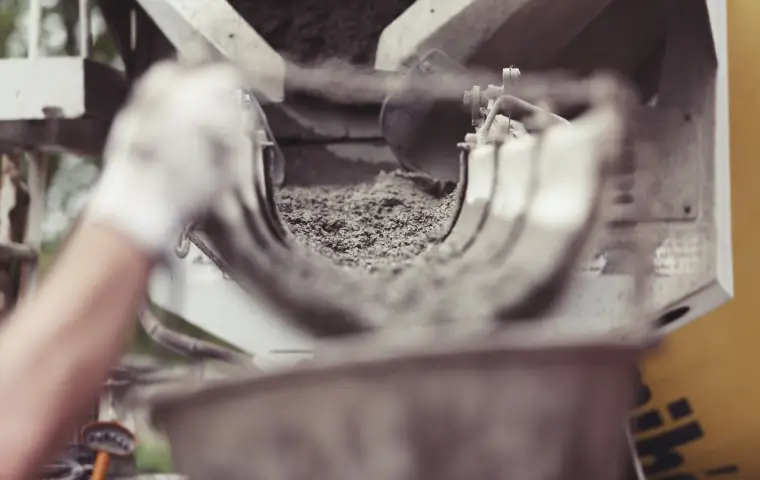
Dorothée Myriam Kellou on investigating Lafarge, a French industrial company, and its connection to the Islamic State from a distance.
“I came to experience first hand the need for protection of journalists, especially those who work as freelancers and take personal risks to uncover scandals and expose those involved.”
What were the major findings of your story?
The French group’s cement plant in Jalabiya was supplied by, and paid taxes to, the Islamic State organization in 2013 and 2014 to continue operating during the war.
What was the impact of your story?
The French NGO Sherpa and the ECCHR, as well as 11 complainants who are former Syrian employees, filed a suit against Lafarge and its Syrian subsidiary LCS on account of their actions in Syria.
Is the story or series in any way based on another previously published or aired report?
Partly published by the Syrian website close to the opposition, Zaman Al Wasl.
Did you receive any funding to do this story?
Partly.
What was the source of funding you received to do this story?
Did not receive funding for the first article published in June 2016. I received funding from le Monde for traveling for the two other articles published in November 2016.
What challenges did your team face while working with sources?
Looking for testimonies from Syrian Lafarge employees after hearing of employees being endangered.
How long did it take to report, write and edit this story?
I began to look for more testimonies from Syrian Lafarge employees and documents on Lafarge practices in mid-2014. After almost two years of intermittent work, I was able to publish the piece.
What other challenges or barriers did your team face while working on the story or series, and how did you overcome these challenges?
Working from a distance was not easy. I had to gain the employees’ trust, and many of them feared talking to me. They were still in Syria at that time. In September 2014, the Islamic State (IS), took over the Lafarge site. Employees had to flee using their own resources. After this event, anger grew online on the Facebook pages I was monitoring and more employees became willing to talk and share documents. The [other] main challenge was working by myself and being sure I was not taking any inconsiderate risks for myself.
What resources and tools did your team find useful?
I used encrypted communication tools to collect testimonies of Syrian employees in Syria and Europe. I also had access to leaked documents. They were very useful to cross-check the many testimonies from Lafarge employees. I was then confident that my sources were sufficiently credible, and that I could continue investigating this story and publish it.
What advice would you give journalists working on similar investigations?
I would suggest them to be surrounded by a team of experienced journalists.
Did working on this story change your perspective as a journalist?
I came to experience first hand the need for protection of journalists, especially those who work as freelancers and take personal risks to uncover scandals and expose those involved.

